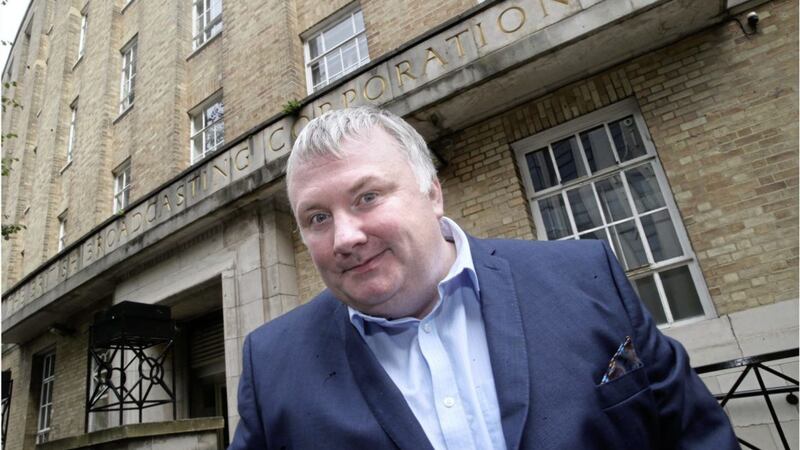The DUP and Sinn Féin negotiators should be commended for the ‘draft deal’ of a few weeks ago.
The row over whether it was a draft deal or not does not take away from the fact that good work was done by both sides in arriving at a juncture – not a destination point – which was nonetheless credible. And had the likely backing of the Sinn Féin leadership to restore the all-Ireland institutions, the executive and assembly.
The DUP’s inability to get the required support for it, from vocal opponents in its leadership, is a poor reflection on the naysayers, not the DUP negotiators who brought the draft deal as far as they could.
On all the key rights issues: legacy, language, marriage equality, institutional sustainability, human rights, significant progress and ‘work in progress’ was made.
And more could have been made and will be made in the future if the ‘beyond the negotiators’ cabal are faced down by the DUP leadership and if the BBC asks the Stephen Nolan show to adopt the style, tone and content of William Crawley’s 'Talkback' when it comes to issues pertinent to the development of the peace and political processes.
For the second time in less than two years Stephen Nolan has used his show in what I regard as a divisive and destructive manner. (What is new you may ask?) He helped collapse the north’s institutions over the heating financial scandal and he helped scuttle the most recent draft agreement.
Nolan's programme was dominated by Jim Allister, Jamie Bryson and David McNarry, who between them could not muster 10,000 votes in an election. They fanned the ‘roaring bellows’ of unionist opinion, who are beyond rational reach, and who have tried repeatedly to block political progress over the years.
In doing so he scared the DUP leadership, who have yet to learn the art of negotiating with your opponents and your base simultaneously to avoid shocks to either.
And there is no doubt that the DUP has mishandled its constituency and indeed at times encouraged the wreckers by pandering to their worst fears.
The DUP has also failed to accept that the nationalist community in the north is too strong and well-represented by its politicians and popular organisations who demand respect and rights now. Not at some time in the future or filtered through a unionist view of the world.
At the weekend we saw two of these popular organisations on the streets of Belfast in their thousands under the legacy banner of ‘Time for Truth’ - relatives who organised the march and the 50 solicitors who signed a letter of support for the marching relatives and supporters.
The solicitors are at the cutting edge of the human rights campaign for truth and justice for relatives as they battle daily in Belfast’s court rooms.
We have come a long way from the days when the murdered human rights lawyers Pat Finucane and Rosemary Nelson were practically lone voices in the legal arena.
And there are also signs of a popular opposition growing on the airwaves rejecting Nolan’s style of journalism.
The award-winning actor John Connors last week refused to take part in the Nolan show. He said he is “boycotting” the show because of Nolan’s “disgusting mockery” of the Irish language and instanced the treatment of Seanadór Niall Ó Donnghaile by Nolan who repeatedly tried to force a laugh from the Seanadór over the insulting comment, “Curry my yogurt” by the DUP’s Gregory Campbell.
The same interview has generated 10,000 signatures on an online petition calling on Nolan to apologise to the Irish speaking community for his disgraceful attitude during the interview.
And while this is highly unlikely he could at least try to properly pronounce the surname of the Seanadór, with whom I work, and take a crash course in how to pronounce the names of other Irish language speakers and organisations who take part in his shows.
The ‘draft deal’ is the clearest sign to date that the DUP are now seeing what everyone else can see: the new reality of the political and cultural make-up of the population of the north.
It is Irish and British; unionist and nationalist; bi-lingual; gay, gender aware, bi-sexual and transgender.
It needs institutions: political and media which respect this diversity unconditionally.








